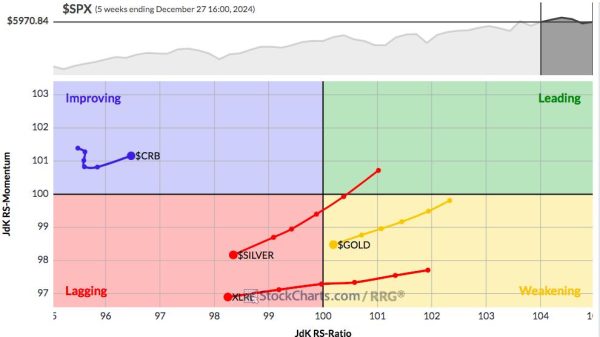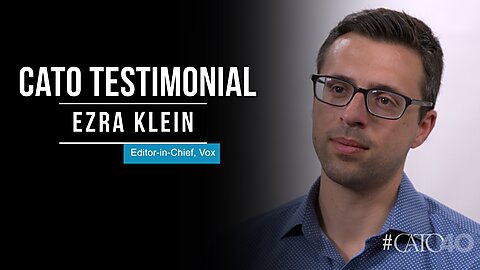Thomas A. Berry, Brent Skorup, Jennifer J. Schulp, & Alexander Khoury
The quest for security is too often invoked to justify an infringement of civil liberties. In 2021, Congress did this when it passed the Corporate Transparency Act (CTA). Nestled within a 1,500-plus-page defense bill, this innocuous‐sounding law dramatically expands government surveillance of millions of Americans by requiring most entities incorporated under state law to collect and send information about their “beneficial owners”—a catchall term for people directly or indirectly exercising control over a business or nonprofit—to a massive database used for financial crime enforcement and regulatory investigations.
This new database will be maintained by the US Treasury Department’s Financial Crimes Enforcement Network, popularly known as “FinCEN.”
The CTA requires that each entity produce sensitive information about its owners, managers, and—in many cases—its senior employees and the family members of its managers and owners. In this way, the CTA burdens small businesses and undermines the ability to remain anonymous in connection with a business or nonprofit corporation. Anonymity can protect entrepreneurs, shield politically unpopular enterprises, and encourage economic interests.
Critically, the CTA also empowers FinCEN to function as a new, global tipster. Congress has authorized FinCEN to share beneficial owners’ sensitive information with international law enforcement and international intelligence agencies, US intelligence agencies, the IRS, and state and local law enforcement agencies.
In the fall of 2022, the National Small Business Association and others sued the Treasury Department in federal court, alleging that the CTA violated several constitutional provisions. In March 2024, a federal district court agreed with the association that the law exceeded Congress’s authority under the Commerce Clause by regulating state‐chartered LLCs and nonprofits. The district court permanently enjoined enforcement of the CTA, prompting the government to appeal to the Eleventh Circuit.
Cato has now submitted an amicus brief to the Eleventh Circuit in N.S.B.U. v. U.S. Department of the Treasury urging the court to affirm the lower court decision. Our brief focuses on one of the law’s constitutional problems: the CTA compels testimony in violation of the Fifth Amendment.
The Fifth Amendment to the United States Constitution provides that “no person … shall be compelled in any criminal case to be a witness against himself .…” In our brief, we explain that the reporting requirements function as an indefinite production order to millions of business and nonprofit managers and some of their employees that amounts to compelled testimony. The “compulsory organization, filing, and creation of documents are acts that clearly are testimonial and may be self‐incriminating,” Justice Samuel Alito wrote when he was deputy assistant attorney general.
Regarding such compulsory record keeping, the future Justice Alito added, “The individual should be free to refuse to create or organize records on fifth amendment grounds.”
Congress requires Americans to self‐report to FinCEN so that international and domestic law enforcement agencies can investigate and prosecute financial crimes. Even worse, the CTA criminalizes asserting one’s Fifth Amendment privilege—refusal to contribute one’s information to this international surveillance system risks civil and criminal penalties.
Simply, the CTA’s records requirement for business and nonprofit managers and their senior employees and family members compels testimonial information in violation of the Fifth Amendment. If the court were to reach that issue, our brief urges the Eleventh Circuit to affirm the lower court decision and maintain the permanent injunction.
























